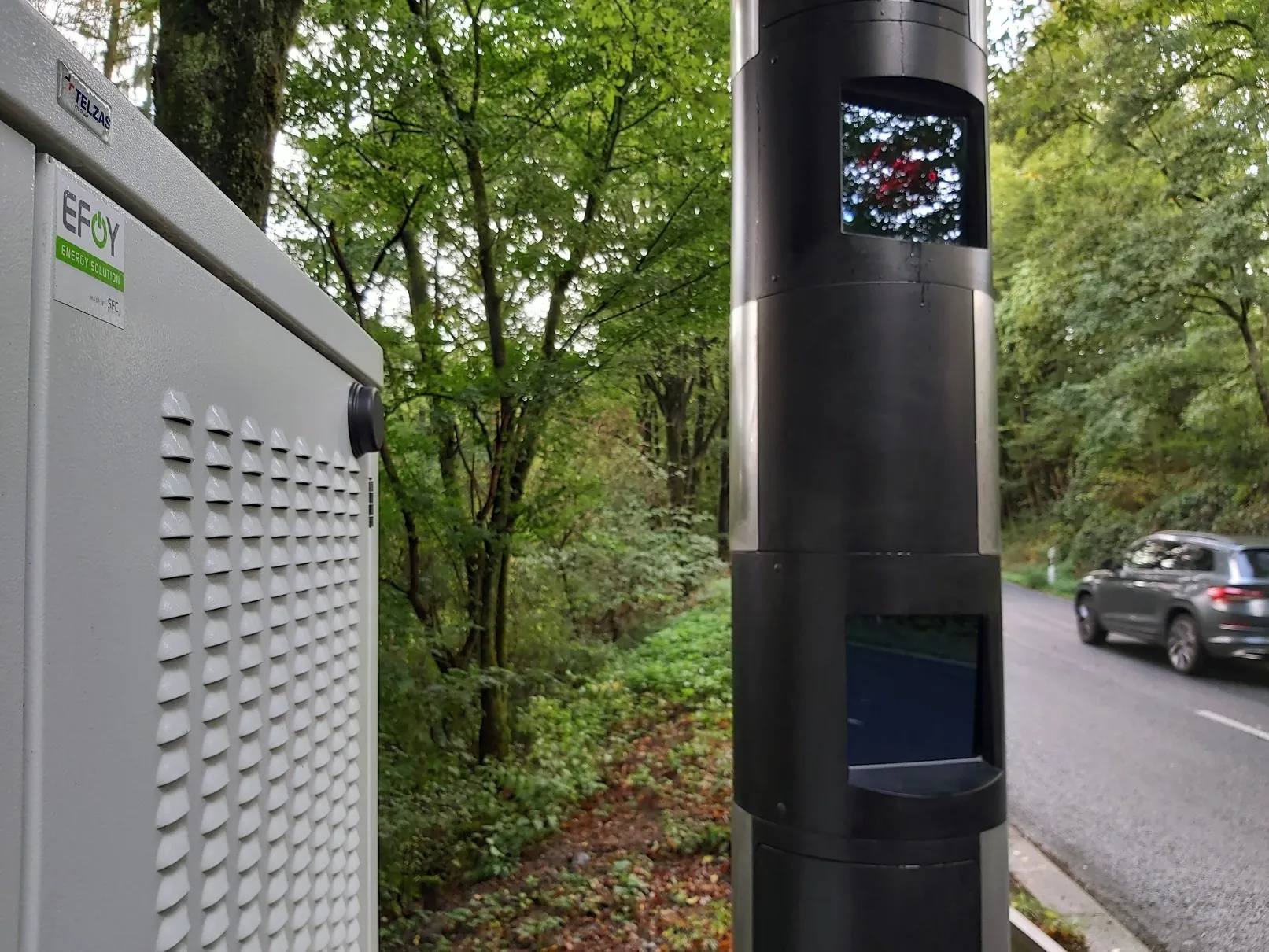Ballad Power Systems (Ballad) has received a letter of intent from original equipment manufacturer partner Van Hool, for 40 FCveloCity-HD 85-kilowatt fuel cell engines to power buses in Germany under the first Joint Initiative For Hydrogen Vehicles Across Europe (JIVE) program. These projects aim to commercialise fuel cell electric buses, reduce costs and support the development of hydrogen refuelling stations.
Van Hool plans to deploy 30 of these buses with the Regionalverkehr Köln transit agency in Cologne. It also intends to run the other 10 models with Wsw mobil transit agency in Wuppertal, with deliveries expected to begin in 2019.
JIVE programs are supported by grants valued €57m (£50m) from the Fuel Cells and Hydrogen Joint Undertaking. The first initiative targets deployment of 139 fuel cell buses in nine locations while the second one aims to launch 152 models in 14 locations.
The results of these schemes are expected to demonstrate the technical readiness of fuel cell buses to operators and the economic viability of hydrogen as a zero-emission fuel to policy makers.
Rob Campbell, Ballard chief commercial officer, said: "There is momentum in the growing global deployments of fuel cell technology for heavy duty transportation applications. Where transit buses and other heavy vehicles are typically characterized by high utilization rates together with the need for rapid refueling, fuel cell electric platforms are an especially attractive zero-emission alternative. We are very pleased with this progress and expect to begin work soon with Van Hool in fulfilling initial buses under the JIVE I program, in addition to the engines we announced last September for use in Van Hool tram-buses planned for deployment in Pau, France."
Van Pool requests 40 Ballad fuel-cell engines for buses in Germany
Ballad Power Systems (Ballad) has received a letter of intent from original equipment manufacturer partner Van Hool, for 40 FCveloCity-HD 85-kilowatt fuel cell engines to power buses in Germany under the first Joint Initiative For Hydrogen Vehicles Across Europe (JIVE) program. These projects aim to commercialise fuel cell electric buses, reduce costs and support the development of hydrogen refuelling stations. Van Hool plans to deploy 30 of these buses with the Regionalverkehr Köln transit agency in
March 6, 2018
Read time: 2 mins









